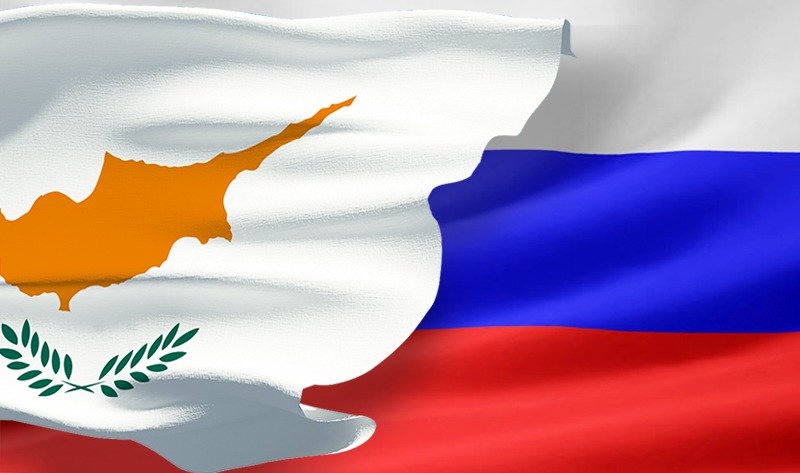The European Commission is puzzled about the relatively low amount of frozen assets of Russian oligarchs in Cyprus, the European Commissioner for Justice Didier Reynders said on Wednesday, a day before his visit to the island.
Reynders said that official figures show that so far, assets worth €104 million have been frozen, which is considered a low amount and that during his contacts in Cyprus he will ask about how many assets of Russian oligarchs have been frozen.
He also referred to the progress of the infringement procedure on golden passports, which he said is linked to the freezing of assets, during an interview with the Cyprus News Agency. He noted that of the three member states that the Commission focused on, Bulgaria has completely stopped the relevant programmes and therefore the procedure is closed. Malta continues the programme and therefore has been referred to the EU Court of Justice, but that Cyprus is in the middle.
Cyprus has suspended the relevant legislation without revoking it, citing legal reasons related to the review of citizenships granted.
According to Commissioner Reynders, it would be preferable to have a complete repeal of the legislation.
But he expressed his satisfaction with the cooperation so far in relation to the monitoring of the rule of law in the context of the Commission’s annual reports (part of the preparation of which are his contacts in various Member States), as well as on the reforms of the judiciary in Cyprus.
He stressed, however, that what matters is that authorities such as the anti-corruption one can work in practice and that they have the necessary human and resource capacity.
The European Justice Commissioner linked the process of reviewing citizenships granted through the golden passport programme to the assets of oligarchs frozen as a result of sanctions. As he pointed out, the Cyprus Investment Programme was not just about paying for a passport but “real investment in assets in the country”.
Citing Cyprus as an example, he noted that after years of the so-called golden passport scheme, which often involved citizens of Russia or Belarus, the question arises how relatively low amounts of frozen assets can be recorded.
He pointed out that in some Member States, the obligation to inform the Commission of the amounts of frozen assets has brought changes in the amounts declared.
“I have seen in Italy, in Spain, since my visit, a big increase in the numbers,” which he said could not be due to technical issues. He cited Hungary as another example, where initially about €3,000 in frozen assets were declared, which then rose to €870 million.
Although the assets of individuals included in the EU sanctions that have been frozen in Cyprus, are more significant than those reported in Malta or Greece, amounting to €104 million, this is still considered low.
A few years ago, official figures showed a large number of assets of Russians in Cyprus. Hence, during his contacts when he visits the island on Thursday and Friday, he will discuss “why it is difficult to find more” assets. Those are “perhaps in bank accounts or assets in various companies, but also real estate or yachts or other assets of Russian oligarchs”.
“We are trying to better understand why at the end of such a long process we have 100 million euros in frozen assets and not more.”
He added that the second point of discussion is how best to implement sanctions. “We are concerned about the different possible ways for various oligarchs and entities to circumvent sanctions” by transferring assets to other individuals or structures. Sometimes, he said, this involves family members or complex international structures in tax havens.
Reynders also recalled that he has proposed adding sanctions evasion to the crimes recognised across the EU, and that consultation with the EU Council and the European Parliament is ongoing. At a future stage, he noted, these assets could be confiscated and even used to support Ukraine.
Asked to comment on the recent addition of natural and legal persons from Cyprus to the US and UK sanctions for allegedly assisting Russian oligarchs in circumventing sanctions, the European Justice Commissioner did not comment specifically on the case. However he referred to the fact that the discussion on the next package of sanctions is now even more focused on their effective implementation.
He said that the process of expanding the list of EU-recognised crimes (eurocrimes) is a long one, and that discussions are underway to expand the role of the European Public Prosecutor’s Office.
Referring to the situation of press freedom in Cyprus, also on the agenda, Reynders highlighted the need of ensuring the independence of the public broadcasting media but also the promotion by the Commission of European legislation against abusive lawsuits against journalists. He also mentioned how the latest report by the commission referred to Cybc as it showed certain weaknesses relating to the appointment and dismissal of its board members.







Click here to change your cookie preferences